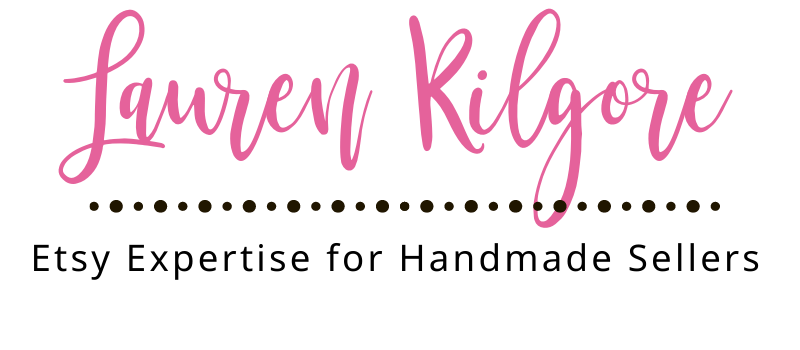hob·by noun
an activity done regularly in one’s leisure time for pleasure.
busi·ness noun
a person’s regular occupation, profession, or trade.
News flash – whether you’re a “hobby” or a “business” you have to report your income.
The main difference is that when you have a hobby you have to report the income but you can’t claim any of the expenses.
Kind of a bummer.
- Just because you sell “online” does not mean you don’t need to report your income
- There is no “minimum” amount of income before having to report your sales
- Just because you spend more than you make doesn’t mean you don’t have to report both
- Even though Etsy doesn’t require your business registration paperwork you still have to do it
So if you’re selling anything with the intention of making money (otherwise why else are you charging?) then you need to follow the proper steps to become a business. If you REALLY just want to be a hobby then only charge your materials cost or give them away free as gifts. Anything other than that and you’re in business my friend.
If you’re actually trying to make a profit, but failing in the beginning years, that’s normal. But you’re still a business. Let me say it a slightly different way: If your goal is to make money with what you are selling then you’re business, even if it’s not panning out like you had hoped.
So even in those startup years you’re considered a business. You can’t just wait until you make a profit to start claiming your sales. You (or your accountant) will report your income and expense on Schedule C of your Form 1040 each year (unless you have formed a partnership or a corporation then that’s another form).

The good news is that in those early years if you do have a loss you can use that loss to possibly reduce your tax liability (which could mean you owe less in taxes or get more of a refund). However – don’t get carried away and think that you can do this every year. The IRS will be looking for you to turn a profit in at least 3 of the last 5 years. If you don’t, well then you’re back to “hobby” status in the eyes of the IRS.
My point is this: don’t get yourself in trouble by not registering your business legally at the start. It’s all a matter of time but it will eventually catch up with you and when it does it can mean hefty fines imposed by a multitude of entities if you don’t have the proper paperwork in place – the IRS, your state tax department, and even your local county. In most cases this means getting a business license from your city or county, registering for the collection of sales tax, filing a DBA (doing business as), and reporting your income to the IRS at tax time.
** Consult your local tax accountant for more detailed information in your area as it pertains to your unique situation. Then after you’ve got all your ducks in a row, SAVE SAVE SAVE all those business expense receipts! You’ll need them at tax time to prove all your expenses.




Thank You so much Lauren for sharing this info.
You are so right.
It’s not the most fun topic.
But it is an important topic for all of us creators to know about & be prepared for.